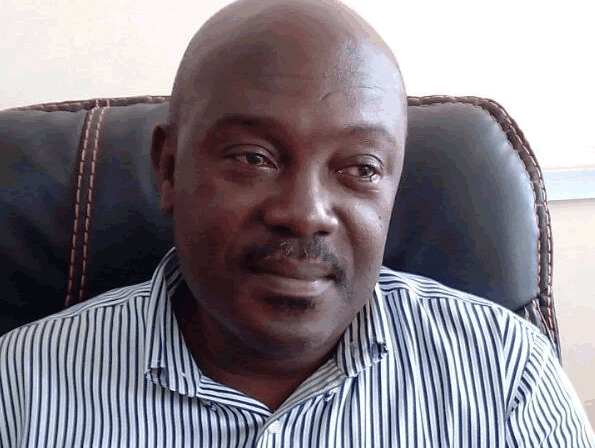Provide monumental projects for mining communities – Prof. Amankwah

Mining companies have been asked to leave legacies of monumental world class projects in communities they operate in instead of providing them minor projects such as boreholes.
Professor Richard Amankwah, the Dean of Faculty of Mineral Resources Technology, University of Mines and Technology, Tarkwa, said corporate social responsibility on the part of mining firms had only been an afterthought with no direct bearing on the lives of the people.
He, therefore, suggested that five per cent of all investments pumped into mining companies’ concessions should be set aside for communities to propel education of indigenes.
Prof. Amankwah was speaking at the inaugural ceremony of the Ghana Institution of Geoscientists and swearing-in of its executive in Accra.
He said it was sad to compare the plight of the Prestea Township, where mining had taken place for the past 200 years, with the benefits that mining had brought to Johannesburg in South Africa.
On artisanal small scale mining, Prof. Amankwah noted that more than one million people were engaged in that because it created jobs, promoted local economic development, provided gold for local consumption and boosted evolution of entrepreneurs.
He commended the temporal ban on illegal mining, also known as galamsey, noting that none of the people engaged in galamsey had legal concessions to river and water bodies and the environment.
Prof. Amankwah said a temporal ban was not enough and proposed political will, attitudinal change, education, adoption of technology in small scale mining and enforcement of laws as part of measures to streamline activities of galamsey.
He expressed happiness that the University of Mines and Technology, after embarking on public awareness programmes in some mining communities, had seen some changes in their mode of operations.
Prof. Amankwah said the Ghana Navy and the Forestry Commission could team up and protect water and river bodies and reorganise and regularise mining activities after the ban.
“We can ask district chief executives, for example, to step down if mining is going on in their area because they are heads of mining committees,” he said.
Alhaji Iddrisu Yakubu, the President of the Ghana Institution of Geoscientists, commended the media for the fight against galamsey and said the Institution was ready to find solutions to the river pollution.
He called for regional geological maps covering 60 per cent of the country’s land area as improvement on the 40 per cent currently prevailing and appealed for an increase in funds for the Ghana Geological Survey Authority to enable it to come up with those maps.
Source: GNA
